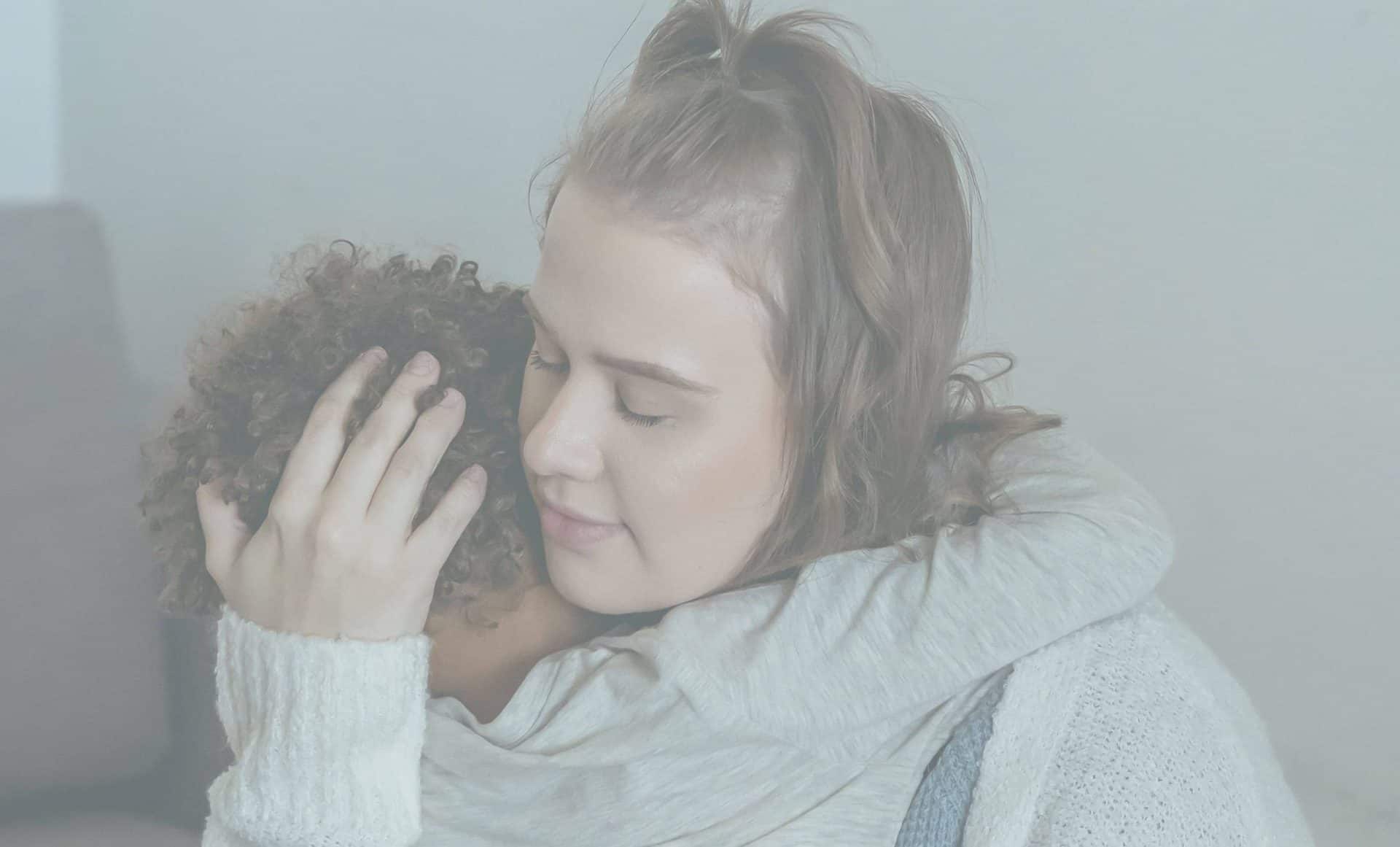At Newrest Funerals, we will always operate with compassion when helping you to arrange the funeral of someone you have lost. We know it can be a difficult time and making funeral arrangements will often seem as though they are a heavy burden as you are entering the grieving process. Remember, too, that children can be affected in much the same way as adults when they’ve lost a loved one and are, perhaps, facing strong emotions like grief for the first time. How can you help them?
Let Kids Be Kids
Although younger children will often be upset by the death of a loved one, they do not always possess the mental capacity to hold onto their emotions.
They tend to live much more in the moment. Therefore, if a youngster wants to play or jump in a puddle or do any of the normal things children do, then this is not a sign that they don’t care or have even overcome their emotional state.
Allow younger children the time and space they need to be themselves and don’t expect a prolonged period of mourning.

Be Understanding When Children Seemingly Don't Understand
Children – especially younger ones – may not understand what a death in the family means. They sometimes don’t fully understand that a dead person won’t be coming back and may ask seemingly daft questions about where the deceased might have gone.
Try to answer such questions honestly and calmly. Equally, children can sometimes feel resentful towards the deceased, almost as if their death has let them down.
Again, it is important not to be judgemental under such circumstances. Feeling angry at the death of a loved one is quite normal and the emotion usually passes.
Teenagers and Bereavement
Teenagers may have a more sophisticated view of handling the death of a loved one but their emotional responses can be just as unpredictable as younger children.
Some teenagers will want to be with their friends while others won’t be able to cope with very much social interaction at all. Allow them to find their own way, especially in the initial period when they might be in shock. Some teenagers may seem to be nonchalant in their response to the loss of a family member or even a friend.
This is not likely to be from them being callous but a self-defence mechanism as they’re already dealing with coping with so much of their own emotional life as they mature. Again, a degree of leeway and understanding will be needed to help them at this time.
Let Children Feel Involved
Children don’t need to be involved at every stage of planning for a funeral and how their lives will adjust afterwards but allow them to have their say.
Ask what they’d like to be said about the person who has just died or what might be a good way to remember them. Simply being listened to and being involved in conversations will help children of all ages to feel valued and reassured that whatever they’re feeling is okay to feel.


